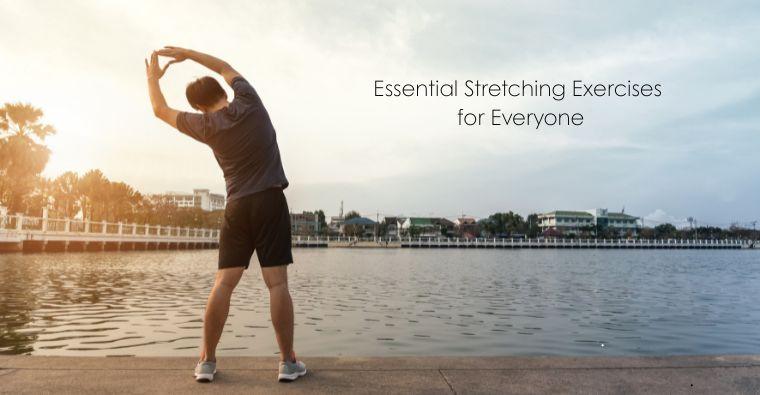Benefits of Mindfulness Meditation:
Stress Reduction: Mindfulness meditation can lower the body's stress response and promote relaxation, which can be especially helpful in managing everyday stressors.
Improved Emotional Regulation: The practice can help you become more aware of your emotions, allowing you to respond to them in a healthier, more constructive manner.
Enhanced Focus and Concentration: Regular practice can improve your attention span and cognitive function, making it easier to concentrate on tasks and solve problems.
Greater Self-Awareness: Mindfulness meditation encourages self-reflection, helping you gain a deeper understanding of your thoughts, feelings, and behaviors.
Enhanced Resilience: By cultivating mindfulness, you can better cope with life's challenges and bounce back from setbacks more effectively.
Reduced Symptoms of Anxiety and Depression: Studies have shown that mindfulness meditation can alleviate symptoms of anxiety and depression and prevent their recurrence.
Improved Sleep: The practice can promote better sleep by calming the mind and reducing insomnia.
Lower Blood Pressure: Mindfulness meditation can contribute to a decrease in blood pressure, leading to better cardiovascular health.
Step-by-Step Guide for Beginners:
Find a Quiet and Comfortable Space:
Choose a quiet place where you won't be disturbed. Sit or lie down in a comfortable position.
Set a Time Limit:
Start with a manageable duration, like 5-10 minutes. As you become more comfortable with the practice, you can gradually extend the time.
Focus on Your Breath:
Close your eyes and take a few deep breaths. Pay attention to the sensation of your breath as it enters and leaves your body. You can focus on the rise and fall of your abdomen or the sensation of the breath at your nostrils.
Acknowledge Distractions:
It's natural for your mind to wander. When it does, gently bring your focus back to your breath. Don't judge yourself for getting distracted; it's an integral part of the practice.
Scan Your Body:
After a few minutes of focusing on your breath, expand your awareness to the sensations in your body. Start from your toes and work your way up to the top of your head, noting any tension or discomfort.
Practice Non-Judgment:
As thoughts, emotions, or sensations arise, acknowledge them without judgment. Observe them like passing clouds in the sky, allowing them to come and go.
Cultivate Gratitude:
Conclude your meditation by taking a moment to express gratitude for the time you've devoted to mindfulness. Feel appreciation for the present moment.
Gradually Increase the Duration:
Over time, you can lengthen your meditation sessions, building up to 20-30 minutes or more if desired.
Make It a Daily Habit:
Consistency is key. Try to meditate daily, ideally at the same time each day. This will help establish the practice as a routine.
Remember that mindfulness meditation is a skill that requires practice. Be patient with yourself and enjoy the journey of self-discovery and stress reduction that this practice can bring. As you progress, you may explore various meditation techniques and guided sessions to deepen your mindfulness experience.




